David Mendez
Writer
While USCB ended its annual queer pride week a couple of weeks ago, it is apparent that the issues and concerns that were brought up will continue to last longer than those seven days. Even though the LGBTQ (Lesbian, Gay, Bisexual, Transgender, Queer) community has had an increase in visibility in recent years, there are still many who remain unaware, even on a campus as diverse as ours. The Resource Center for Sexual and Gender Diversity (RCSGD) seeks to remedy this with various outreach programs, the latest of which is the Safe Zone Project.
To classify the project as a new program is a bit of a misnomer. Safe Zone has been at USCB for nearly ten years in varying degrees. The project began as a way to create a safer, more inviting environment for LGBTQ students at USCB. Staff and faculty at UCSB could place stickers displaying the Safe Zone logo on their doors or windows. You may have seen them around campus as the rainbow colored stickers, which simply say “Safe Zone.” These were meant to convey a place where one could find a person who was sympathetic to their gender or sexual identity and the issues that may arise from it. Since the program has started, the stickers have proved to be helpful, but in limited supply. Starting last Fall quarter, the RCSGD had begun to expand the project by providing workshops for those who wished to learn more about queer issues and wanted to become an ally for the LGBTQ community.
The workshops are held for either students or faculty and consist of a single session lasting approximately 90 minutes. The workshop consists of presentations, question and answer sessions, and exercises to “educate others on different identities” and “engage with local communities,” according to Queer Commission Co-Chair and Student Workshop Leader, Edward Muna.
As previously mentioned, there are two workshops offered, student-oriented and staff-focused presentations. Both seek to “teach the basics” while keeping in mind the context of each environment. The student workshops focus on areas such as living arrangements or the use of potentially offensive language. The staff and faculty workshops are oriented towards a more professional setting and attempt to convey ways that staff can provide support to students who may approach them with questions or concerns. At the end of the faculty seminar, attendees are provided with a card, similar to the sticker, which can be displayed as an indication that they are not only an ally to LGBTQ, but have also attended the Safe Zone presentation. While this program is a welcome addition to the project, there are also many more plans for the future of Safe Zone.
Although the 90-minute seminars are very helpful for those looking to learn more, Muna and Queer Commission Co-Chair, Brittni Tanenbaum, admit that the short amount of time is “not enough.” There are currently plans to expand the program further by adding a second workshop for those who have completed the first and wish to continue learning. Along with this extension, the workshop leaders of Safe Zone actively ask for feedback on how to improve the experience and convey their message more effectively. Most importantly, however, Queer Commission Co-Chairs, along with LGBT Resources Director, Samuel Santos, emphasize that the biggest barrier for expansion is simply numbers. In this stage of the project, they are simply looking to train more counselors to hold workshops, hoping to do so in the coming year.
Overall, the Safe Zone Project seeks to simply increase awareness and sensitivity toward the LGBTQ community on our campus. They encourage all students and faculty, regardless of orientation, to sign up for the workshops. These are open to individuals, as well as to organizations. Safe Zone has already worked with a few Greek organizations at USCB and has recently held a seminar for all members. The organization has also payed visits to residence halls, holding presentations tailored to each hall’s specific living conditions.
It may seem like a lot to ask certain people to either give up various preconceptions or to even have an interest in the first place, but as LGBT Program Coordinator, Cristina Madrigal, states, the goal is “not to change lives but to give information [to help] people make up their mind.” Hopefully, the Safe Zone Project can continue to grow and gain enough support so that, eventually, the awareness of the LGBTQ community can last for more than just a week.



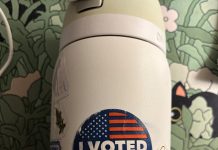
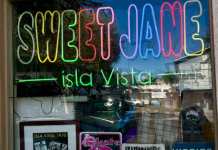
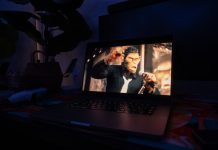


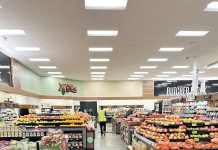
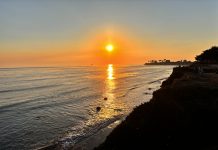
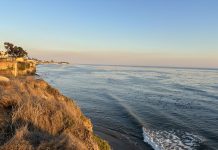
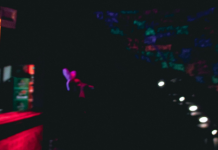




Comments are closed.